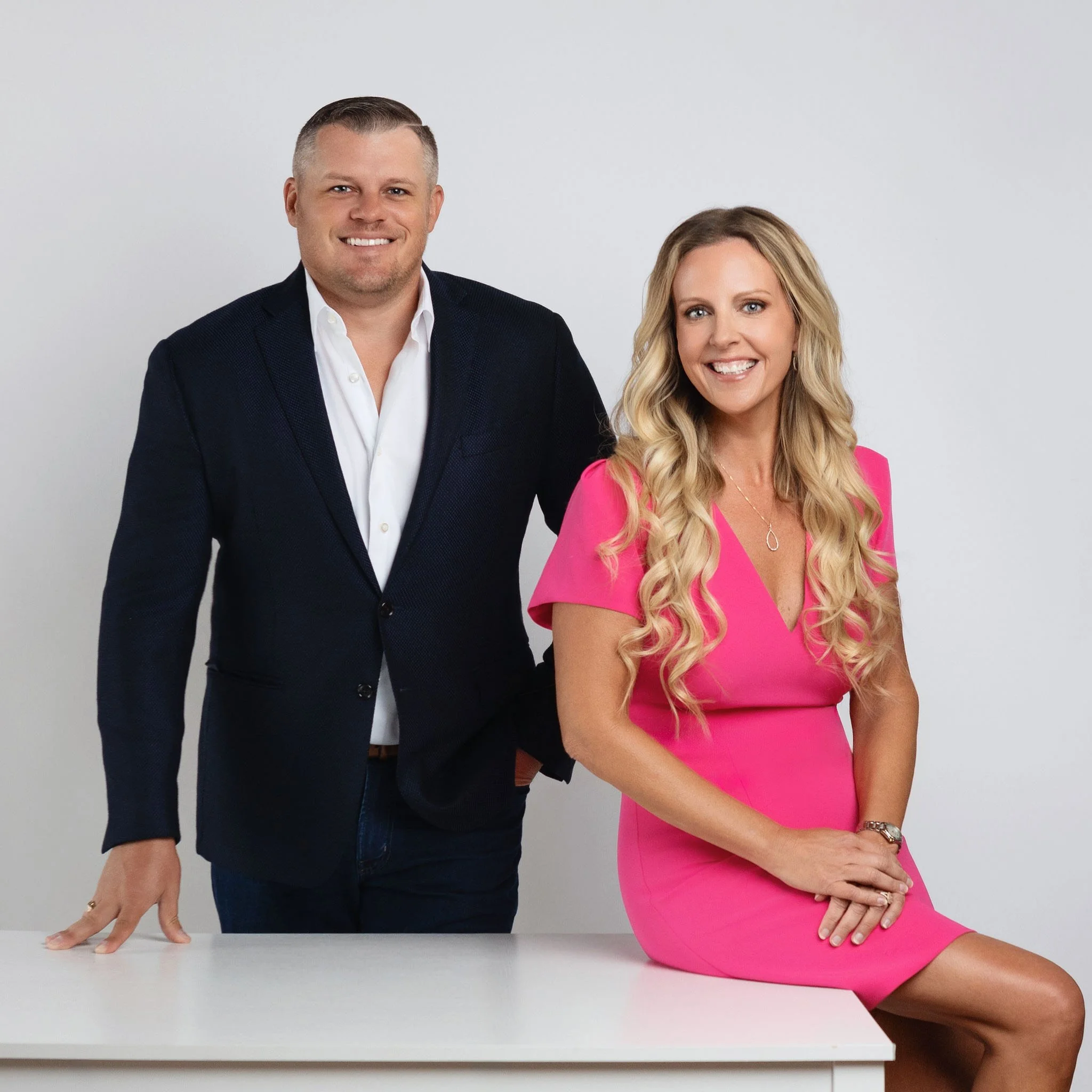Choosing Between SBA 504 and 7(a) Loans
/The Key Differences You Need to Know
When it comes to financing owner-occupied commercial real estate (CRE), small business owners often turn to the SBA for support. But which SBA loan program is the right fit? While both the 504 and 7(a) programs offer attractive benefits, choosing between them depends on your business needs and goals. Let’s break down the key trade-offs, from interest rates and prepayment penalties to collateral requirements, so you can make an informed decision about the best funding option for your business.
Understanding Owner-Occupied CRE
Before diving into the details, it’s important to understand what qualifies as “owner-occupied commercial real estate.”
Generally, this refers to properties where the borrower occupies more than 51% of the total square footage for the operation of their business. This could include everything from professional offices and manufacturing facilities to hotels, gas stations, and fitness centers. Once you establish that your property is owner-occupied, you’re eligible for SBA financing through either the 504 or 7(a) loan programs.
SBA 504 Loan: Designed for Fixed Assets
The SBA 504 loan is tailored for businesses looking to finance fixed assets, such as land, buildings, equipment, or long-term renovations. If you’re primarily interested in acquiring or improving real estate, the 504 loan could be a great option. Here’s why:
Lower interest rates: The 504 loan typically offers a lower blended interest rate compared to other loan options, making it an attractive choice for cost-conscious borrowers.
Larger loan amounts: Depending on your project, the SBA 504 loan could offer higher loan amounts than the 7(a) loan, especially if you need to finance major real estate acquisitions or renovations.
Fixed rates: The SBA 504 loan offers fixed interest rates, providing predictable monthly payments over the life of the loan. This is a major advantage for business owners looking for stability in their financing.
However, the 504 loan has its limitations. For one, it’s strictly limited to financing fixed assets. If your business needs additional capital for working capital, partner buyouts, or other purposes, the 504 loan might not offer the flexibility you’re looking for. Additionally, the loan process can be more cumbersome and take longer to close due to the involvement of both a senior lender and an SBA Certified Development Company (CDC).
SBA 7(a) Loan: A More Flexible Option
If flexibility is a top priority, the SBA 7(a) loan could be the better choice. While the 7(a) loan can also be used for owner-occupied CRE, it’s not limited to real estate. In fact, the 7(a) program allows you to bundle multiple financing needs—such as working capital, equipment purchases, or even partner buyouts—into one loan package.
Faster closing: One of the standout advantages of the 7(a) loan is the speed of the closing process. Because Preferred Lenders don’t need SBA approval for every loan they issue, the process is much faster and smoother than the 504 loan, making it ideal for businesses that need to act quickly.
Broader use of funds: Unlike the 504 loan, the 7(a) loan can be used for a wide range of purposes, giving you the flexibility to allocate funds where your business needs them most.
Potential for 100% financing: In some cases, the 7(a) loan allows for up to 100% financing, eliminating the need for a down payment and helping businesses maintain liquidity.
However, there are trade-offs with the 7(a) loan as well. For instance, interest rates on the 7(a) loan are typically variable, which can make it harder to predict long-term costs. Additionally, while the loan amounts can be substantial, they may not be as high as what you can get through the 504 program.
Making the Right Choice for Your Business
Ultimately, the decision between an SBA 504 loan and an SBA 7(a) loan depends on your business’s priorities. If you’re focused solely on real estate and want the stability of a fixed interest rate, the 504 loan is likely the better option. But if you need more flexibility and want a faster closing process, the 7(a) loan could be the way to go.
Understanding the nuances of these loan programs is crucial, but you don’t have to navigate this decision alone. Rapid Business Plans can help you craft a tailored business plan that aligns with the specific requirements of SBA loan applications, ensuring you secure the funding that’s right for you. Whether you’re leaning toward the 504 loan for real estate or the 7(a) loan for a broader range of needs, having a solid plan in place will set you up for success.
For small business owners looking to finance their next real estate project or expansion, SBA loans provide invaluable resources. Learn how Rapid Business Plans can help you secure the best financing option for your business’s unique needs.




